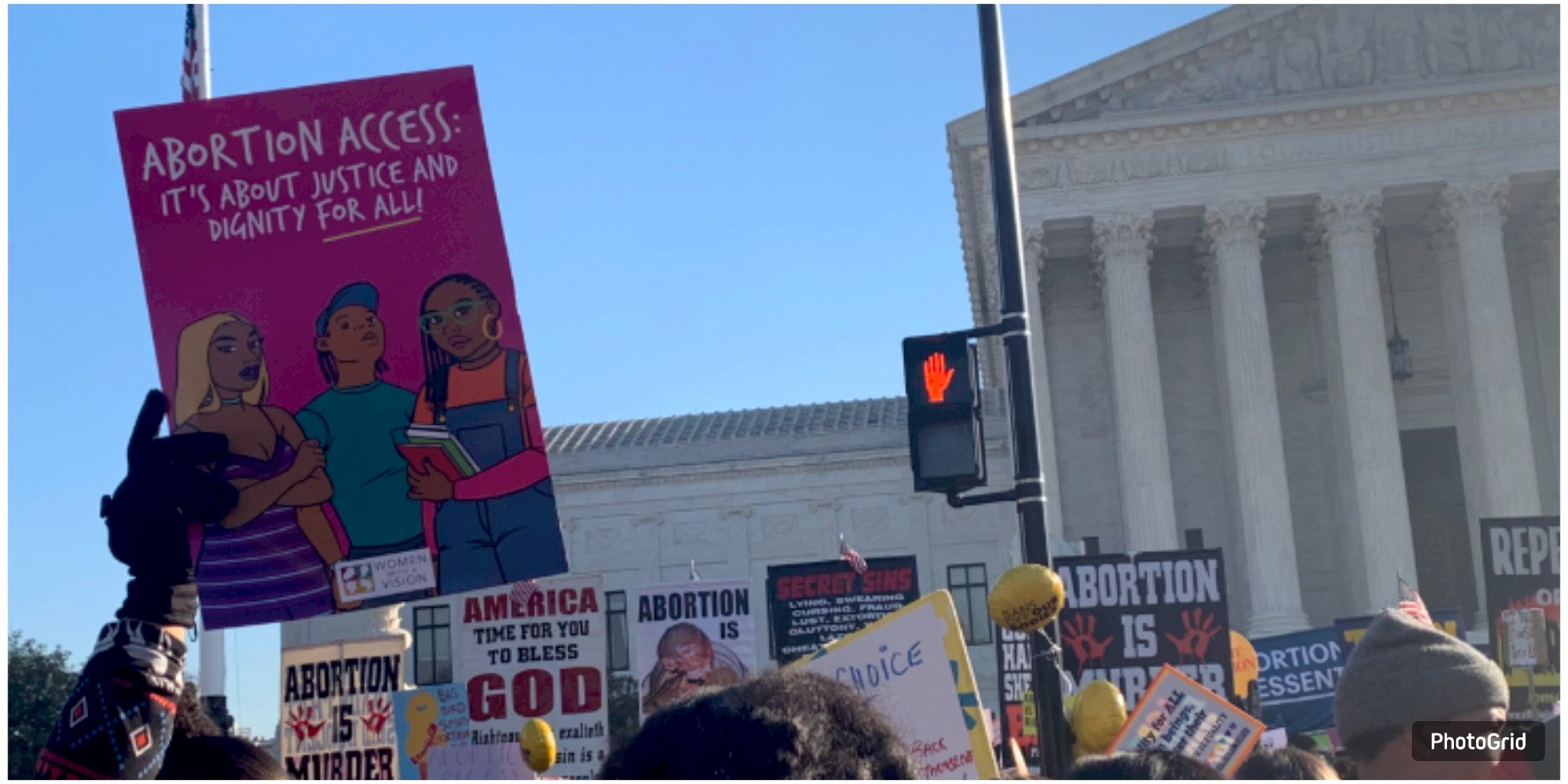


On Monday, Planned Parenthood called on a Nevada judge to intervene and halt the enforcement of a long-standing law that mandates minors to secure either parental consent or a judicial order before undergoing an abortion.
The organization contended that the law is ambiguous, unconstitutional, and poses a significant risk of legal repercussions.
Senate Bill 510, enacted in 1985, remained unenforced due to the implications of Roe v. Wade. The U.S. Supreme Court's 2023 decision in Dobbs v. Jackson Women’s Health Organization has led to the overturning of Roe, establishing the law as valid once more.
Attorney Bradley Schrager, representing Planned Parenthood Mar Monte and an unnamed doctor, informed Clark County District Judge Erika Mendoza that the measure places providers in a position of legal vulnerability. “No one has told us, ‘You’re in the clear.’” “There’s no need to be concerned about it,” Schrager remarked. “It seems there’s no alternative to that.”
A parent or guardian of an unmarried or unemancipated minor must be informed before an abortion, as mandated by the statute. A minor might opt for a judicial bypass, a procedure that Schrager described as “hazy” and insufficient. He contended that the legislation does not clarify the procedures for physicians to ascertain a patient's marital status or emancipation, nor does it outline the criteria for assessing what constitutes a "reasonable effort" to reach a parent. “Are you trusting the patient's account?” “Is that something you can accomplish?” he inquired, deeming the ambiguity a violation of constitutional principles.
Judge Mendoza raised concerns about whether the presence of the statute alone poses a threat of prosecution, stating, “There has to be something more than, ‘It’s on the books.’”
Chief Deputy Solicitor General Jessica Whelan asserted that Planned Parenthood is overstating the level of confusion. She noted that criminal statutes often lack comprehensive details, pointing to burglary laws that do not define specific methods of entry. “It seems to me that these are the kinds of arguments being presented in this discussion,” Whelan stated.
Whelan raised concerns about Planned Parenthood's ability to bring a lawsuit, suggesting that the law is aimed at physicians rather than the organization as a whole. According to her, doctors can rely on familiar signs like the presence of a spouse or the wearing of a wedding ring to assess adherence.
Schrager emphasized that the law poses a risk of irreversible damage. “Amidst all of this, the rights of individuals are quietly fading,” he remarked.
On Monday, Judge Mendoza refrained from making a ruling, indicating that an order would be forthcoming soon.
















From breaking news to thought-provoking opinion pieces, our newsletter keeps you informed and engaged with what matters most. Subscribe today and join our community of readers staying ahead of the curve.